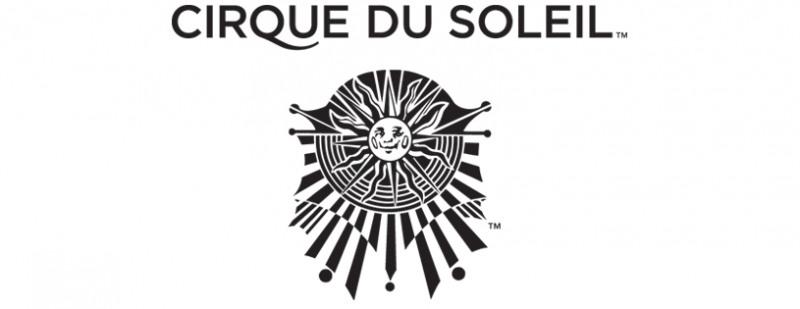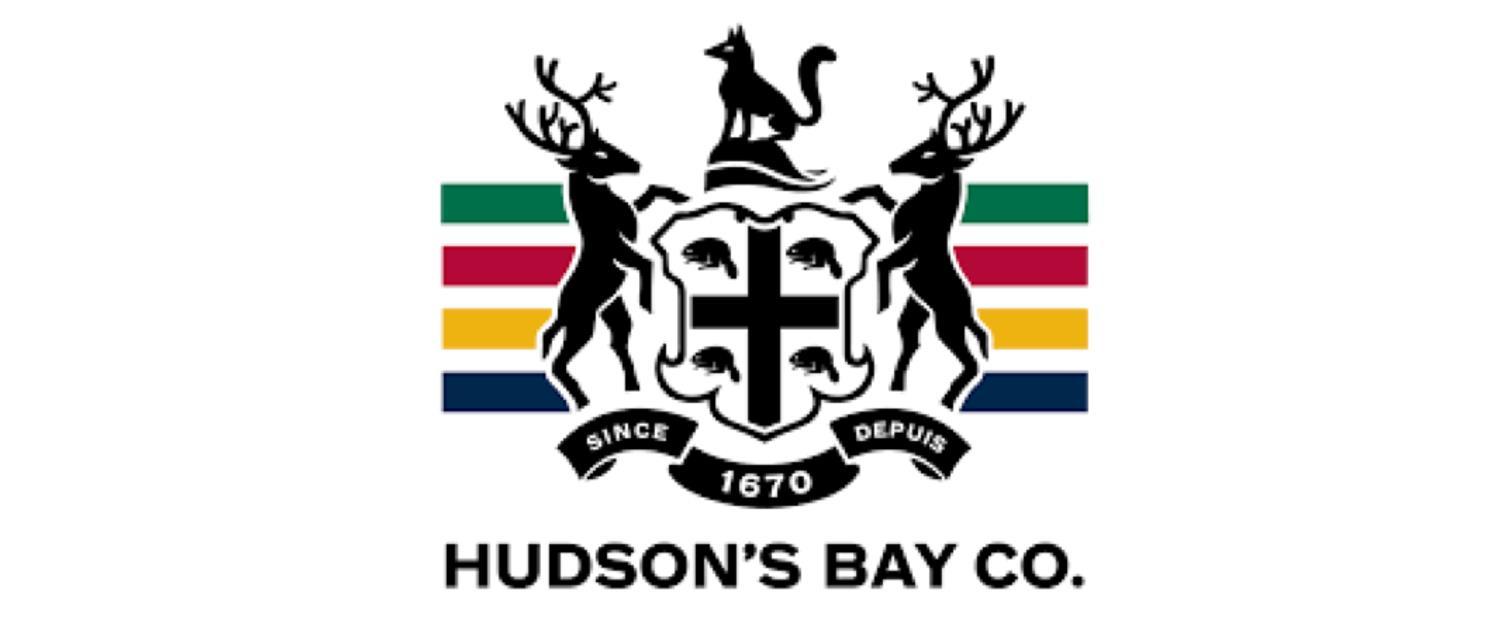

This article is part 1 in a 2 part series of iconic Canadian brands, where we examine the cultural branding and brand-building activities of Canadian brands that made them who they are.
On July 1, 2017, Canada will be celebrating its 150 year anniversary. While still a young country, Canada has a distinctive heritage, and the tales of brands and businesses over the past century and a half is both interesting and insightful for global brands.
Recently, Target’s failed entry into Canada garnered much attention. In less than 2 years (2013-2015), the American retail giant had accumulated $2.5 billion of losses, shut down all 133 locations in Canada, and laid off over 17,600 employees. Whether it was sticker shock, poor customer experience, or lack of logistical planning that lead to Target’s downfall, many companies have learned the hard way that the Canadian market is not a mere extension of the Northern States. Cultural landscapes and consumer perceptions are different in Canada, and need to be well understood to craft effective brand strategies.
What about the brands that have been—and still are—successful in Canada? Domestic brands including Tim Hortons, Canadian Tire, Lululemon Athletica, as well as international brands like Amazon, Best Buy, Nordstrom, have all been able to find ways to thrive in the Canadian market. Successful brands in Canada share common characteristics, such as strong relevance with consumers, high engagement levels, and exemplary corporate responsibility initiatives. For Canadian-born brands specifically, let’s take a look at how they have been effective at integrating into Canadian culture and ultimately emerging as iconic brands, both at home and abroad.
One of the ultimate goals for any brand is to become iconic. As described by author Douglas Holt, an iconic brand is a cultural symbol, often championing a revered ideology. An iconic brand is not only used in customers’ daily lives, it is incorporated into their identities. Iconic brands are loved and respected by a loyal, and sometimes large, consumer base. Oft-referenced iconic brands include the likes of Nike, Starbucks, Levi’s, and Harley Davidson.
Holt explains that while most companies compete in a “red ocean” for “mindshare” by making “better mousetraps” and battling over similar functional or emotional benefits, with cultural branding, a brand identifies a sociological tension or shift which it leverages to make the brand iconic. Brand communications provide both resonance and identification, and work to create myths that dramatize their ideologies, to forge powerful emotional connections with their audiences. Many iconic brands are activists, both leading culture and being reinforced by it.
While most Canadian brands do not take controversial stands on contemporary issues, there are several that have positioned themselves in populist worlds at the early stage of a movement– which, in turn, has allowed them to become strongly rooted in contemporary culture. Lululemon Athletica, the yoga and active wear apparel retailer founded in Vancouver in 1998, is now operating 406 stores in countries around the globe from the UK, Australia and New Zealand; to China, South Korea, Germany and Puerto Rico. So how did Lululemon reach iconic status? Firstly, they caught the yoga and general fitness trend at the opportune moment, allowing the brand to grow with the trend and become interconnected with it. Secondly, Lululemon gave consumers something to build their identity with, promoting an image of how they desire to see themselves as well as how they want others to see them. The tiny logo on a sleeve or a collar gave a subtle reinforcement of the cult-like persona surrounding the brand in the early days. Lululemon Athletica had the ingredients of an iconic brand to start with, and over time their distinctive logo, strong products, influencer strategy, and great staff have all worked together to bring the brand vision to life. However, in an increasingly crowded space, they need to remain vigilant to uphold their myth while the brand becomes larger and more corporate in tonality.

Lululemon Athletica, an iconic Canadian brand
Another iconic Canadian brand is Cirque du Soleil. The high-grossing global entertainment company is based in Montreal, Quebec, and is the largest theatrical producer in the world. Musings on the reasons behind CDS’s success abound, but viewed from an iconic brand perspective, some noteworthy points emerge.

Cirque Du Soleil, another iconic Canadian brand
Cirque Du Soleil is a highly distinctive brand, with a one-of-a-kind story and identity. Beyond its humble beginnings in the coming together of 2 street performers, the company created a new definition of circus, without animals and borrowing from the magic of Broadway musicals. For audiences it felt novel, yet familiar at the same time. In terms of tapping into trends, CDS rose in an age of heightened desire for increasingly sophisticated and transformative entertainment experiences. While some consumers turn to gaming, virtual reality, and cyber interactions, Cirque du Soleil delivers performances that are immersive and other-worldly, that transport audiences to another reality. As the modern world appears to bring heightened complexity and tensions, CDS gives audiences an exhilarating escape that is unparalleled in other forms of entertainment.
While encountering a few bumps along its brand building journey, CDS must continue to be consistently remarkable to satisfy the growing appetite for experiences, and maintain its iconic foothold around the globe.
While Lululemon and Cirque du Soleil have already achieved iconic status internationally, there are several other Canadian brands that possess strong cultural currency on their home turf: Hudson’s Bay Company, incorporated long before Canada’s official establishment and now considered “Canada’s iconic department store”; Canadian Tire, a retailer and service provider selling “everything you need for life in Canada”; Roots Canada, a clothing retailer that outfits Canadian Olympic athletes; not to mention food and beverage brands like Tim Hortons coffee and Red Rose Tea. (As a Canadian living abroad for over a decade, I personally asked family and friends to haul supplies of the last 2 in their suitcases for me on numerous occasions, as available alternatives just weren’t the same.) The list of renowned Canadian brands doesn’t stop there, going on to include IMAX, Four Seasons Hotels, Herschel Supply Company, and of course a bunch of celebrities: Ryan Gosling, Justin Bieber, Avril Lavigne, Drake, Seth Rogan, James Cameron, Jim Carrey, Justin Trudeau, and Michael Buble to name a few.

Hudson’s Bay Company

Canadian Tire
Perhaps broader Canadian values have played a role in shaping the personalities of Canadian brands, such as being down to earth, responsible, and delivering consistently over time. The heritage and identities of the brands mentioned above, their presence in popular culture, and their strong integration into the daily realities of Canadian consumers have made many of them iconic both in Canada and abroad. When a brand becomes part of the culture, the perceptions and growth of the brand are reinforced by broader discourses that would be much harder to achieve with marketing budgets alone.
Stay tuned for a Part 2 where we will zoom in on the brand-building activities of Canadian brands that made them who they are.
A Labbrand Group Company © 2005-2024 Labbrand All rights reserved
沪ICP备17001253号-3* Will be used in accordance with our Privacy Policy
To improve your experience, we use cookies to provide social media features, offer you content that targets your particular interests, and analyse the performance of our advertising campaigns. By clicking on “Accept” you consent to all cookies. You also have the option to click “Reject” to limit the use of certain types of cookies. Please be aware that rejecting cookies may affect your website browsing experience and limit the use of some personalised features.